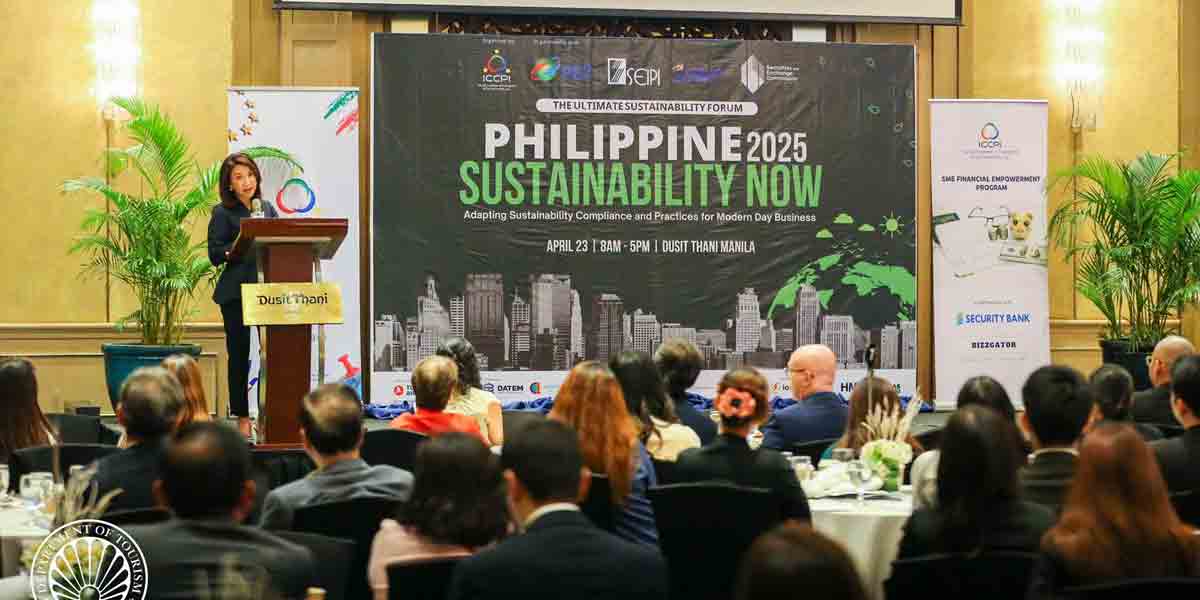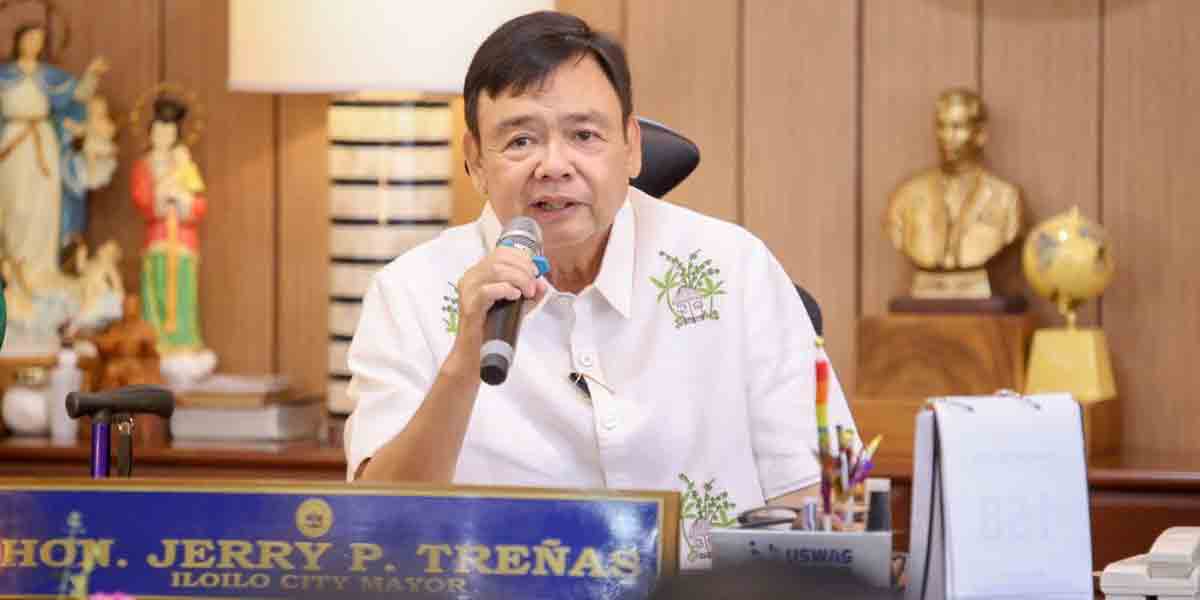By Engr. Carlos V. Cornejo
In the Gospel of St. Mark, we encounter the blind man Bartimaeus whose story of healing offers us many great spiritual lessons.
“Then they came to Jericho. As Jesus and his disciples, together with a large crowd, were leaving the city, a blind man, Bartimaeus (which means ‘son of Timaeus’), was sitting by the roadside begging. When he heard that it was Jesus of Nazareth, he began to shout, ‘Jesus, Son of David, have mercy on me!’ Many rebuked him and told him to be quiet, but he shouted all the more, ‘Son of David, have mercy on me!’
Jesus stopped and said, ‘Call him.’ So, they called to the blind man, ‘Cheer up! On your feet! He’s calling you.’ Throwing his cloak aside, he jumped to his feet and came to Jesus. ‘What do you want me to do for you?’ Jesus asked him. The blind man said, ‘Rabbi, I want to see.’ ‘Go,’ said Jesus, ‘your faith has healed you.’ Immediately he received his sight and followed Jesus along the road.” (Mark 10:46-52)
First lesson brings us to the detail that blind Bartimaeus was sitting at the roadside in the city of Jericho. The city of Jericho in the Old Testament was conquered by Joshua and his men when they blow their trumpets and the walls came tumbling down. (Joshua 6:20)
Jericho was a city of sin and thus God destroyed it. Spiritual writers would say that Bartimaeus being in Jericho is a metaphor of man’s blindness to the spiritual life due to sin. The healing of Bartimaeus’ blindness symbolizes our healing from sin that we could now see the new realm of the spiritual life. And that we too live in the city of the fallen world and are blind to the meaning of life and only our faith in Christ can heal us of our spiritual blindness.
Second lesson is to beg. For us to get healed of our spiritual blindness we have to beg Jesus just like Bartimaeus who shouted “Jesus, Son of David have pity on me” to be able to see again. We know that on our own we could not get rid of sin in our lives.
This is illustrated in the 12 Steps Program for Alcoholic Anonymous where steps one and two would say, “We admitted we are powerless over alcohol–that our lives have become unmanageable. And we came to believe that a Power greater than ourselves could restore us to sanity.” Much like alcoholism, sin is a form of addiction, and only with God’s grace and our own effort could we remove our sin-addiction, little by little.
Third lesson is perseverance in prayer. When Bartimaeus first shouted, the crowd tried to silence him and rebuked him, but Bartimaeus shouted all the more. When we decide to get serious with our spiritual life, there will be some resistance from the world. The world which includes friends of ours who have influenced us to sin in the past would perhaps tell us that spiritual practices are impractical activities that are boring and useless, and that it is better to go back to the “old ways.” We need to get rid of these friends and replace them with people who can bring us closer to God perhaps by joining a spiritual community. We likewise have to live a life of prayer by setting aside time to pray every day in order to ask persistently for those graces to overcome sin. St. Augustine would say, that God wants us to ask persevere in prayer so that our souls expand and, in the process, receive more graces.
Fourth and last lesson is our vocation. Bartimaeus persistent prayer paid off when Jesus stopped and told the crowd to call him. “To call out from” is the meaning of the word “Church” which comes from the Greek word “ekklesia”. We are called to come out of the world of sin and to enter into Christ’s community which is the Church. That is the general vocation for all of us.
But once we are “in” the Church, the Lord would further call us to a particular vocation to serve the Church whether through priesthood, religious or married life. We all have a particular calling because each one of us has a particular role to a play in this world within the overall plan of God. And it is always a call to service because service is the ultimate step in the purpose and meaning of life, which is as we have learned in the Catechism of the Catholic Church that man’s purpose in this life is to know, love and serve God in this world, and to be happy with Him in the next.






















